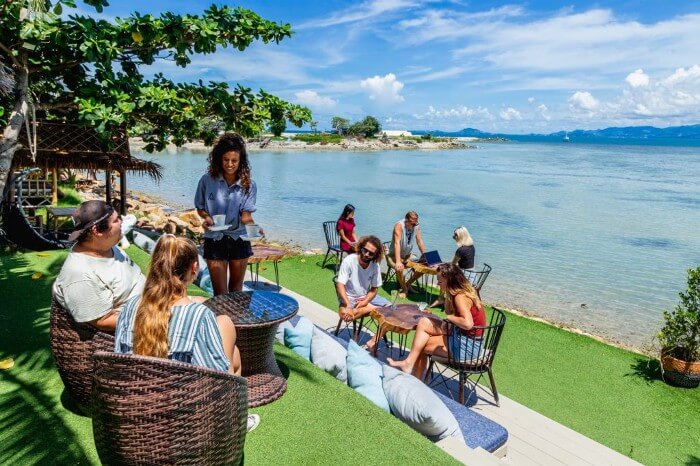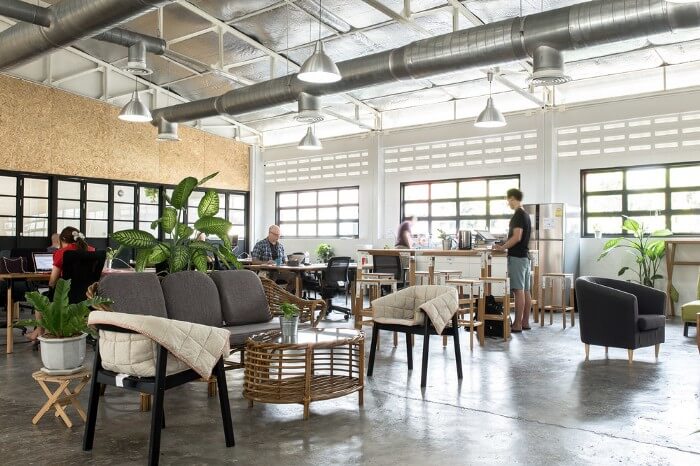what makes thailand a popular remote destination?
A guide to one of the world’s ultimate destinations for location-independent entrepreneurs
This is a guest post for the e-Residency blog by Lily Bruns, expert startup consultant.
Blending Work and Travel
Thailand’s Top Cities for Digital Nomads
Coworking spaces are located right on the beach or perched cliffside with breathtaking views of the Gulf of Thailand.
What Makes Thailand a Great Remote Work Destination
Finding Solutions for Remote Operations
More from e-Residency
- Sign up for our newsletter
- Watch fresh video content - subscribe to our Youtube channel
- Meet our team and e-residents - register for our next Live Q&A





